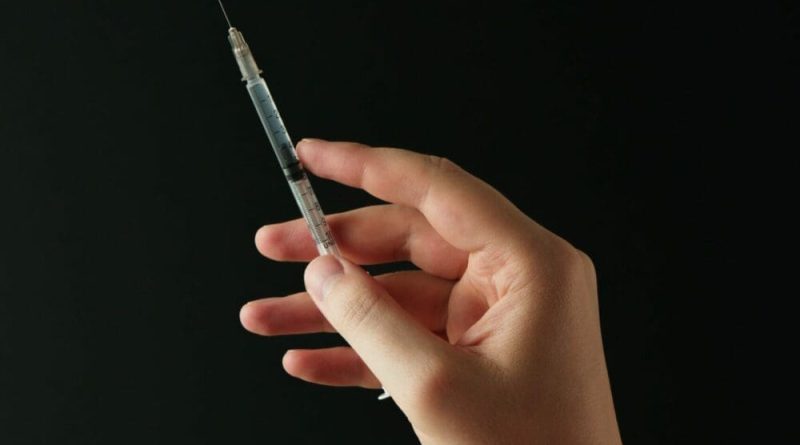Trump Signs Order Targeting Funding For Drug Harm Reduction And Safe Consumption Projects
From toxifillers.com with love
President Donald Trump has signed an executive order that’s receiving pushback from the drug policy reform community over directives targeting target harm reduction efforts and, specifically, safe consumption programs.
The president’s EO is generally focused on homelessness, but it also includes a number of controversial drug policy proposals to combat the issue that include policies such as prohibiting federal funds from supporting safe consumption sites where people could use currently illicit substances in a medically supervised environment and receive treatment resources.
In one section, the order discusses methods of redirecting federal resources “toward effective methods of addressing homelessness.”
That includes directing the secretary of the U.S. Department of Health and Human Services (HHS) to “ensure that discretionary grants issued by the Substance Abuse and Mental Health Services Administration (SAMHSA) for substance use disorder prevention, treatment, and recovery fund evidence-based programs and do not fund programs that fail to achieve adequate outcomes, including so-called ‘harm reduction’ or ‘safe consumption’ efforts that only facilitate illegal drug use and its attendant harm.”
Another section on “increasing accountability and safety in America’s homelessness programs” states that the HHS secretary and head of the U.S. Department of Housing and Urban Development (HUD) must “take appropriate actions to increase accountability in their provision of, and grants awarded for, homelessness assistance and transitional living programs.”
“These actions shall include, to the extent permitted by law, ending support for ‘housing first’ policies that deprioritize accountability and fail to promote treatment, recovery, and self-sufficiency; increasing competition among grantees through broadening the applicant pool; and holding grantees to higher standards of effectiveness in reducing homelessness and increasing public safety,” it says.
To that end, the EO suggests that federal housing or homelessness assistance recipients should lose funding if they “operate drug injection sites or ‘safe consumption sites,’ knowingly distribute drug paraphernalia, or permit the use or distribution of illicit drugs on property under their control.”
While the federal government hasn’t actively supported safe consumption sites—and, in fact, the Justice Department under both the Trump and Biden administrations challenged the legality of such facilities—the language of this section indicates that even federally supported syringe exchange programs could be jeopardized under the order.
“If our leaders are serious about building safer communities and supporting people struggling with drugs, they must invest in what works: stable housing, overdose prevention, and accessible treatment,” Maritza Perez Medina, director of federal affairs at the Drug Policy Alliance (DPA), told Marijuana Moment. “Yet housing remains out of reach for many—and while it takes just 35 seconds to be arrested for a drug offense, it can take weeks to access treatment.”
“This executive order is alarming—it invites federal interference in local decisions and threatens to punish cities and community groups for pursuing proven public health solutions,” she said. “The potential loss of federal funds to organizations distributing naloxone that reverse a fentanyl overdose, syringes that stop the spread of infectious diseases, or other life-saving overdose prevention tools will only increase the risk of overdose deaths or illness to our loved ones.”
Paul Samuels, president of the Legal Action Center (LAC), said in a press release last Friday that the president’s executive order “promotes the illusion of safety by criminalizing people for being visibly unhoused rather than addressing root causes like the dearth of affordable housing and accessible substance use disorder and mental health care.”
“The approach outlined echoes decades of failed ‘tough on crime’ strategies that have harmed already marginalized communities, especially Black and brown, and wasted huge amounts of money without making anyone safer,” he said.
While the executive order disparages harm reduction policies, there’s at least one top federal health official who has routinely supported such reforms: National Institute on Drug Abuse (NIDA) Director Nora Volkow, who has served over the last several administrations.
In 2022, Volkow tacitly endorsed the idea of authorizing safe consumption sites where people could use currently illicit drugs in a medically supervised environment, arguing that evidence has effectively demonstrated that the facilities can prevent overdose deaths.
The White House drug czar under the Biden administration also said at the time that the office was reviewing broader drug policy harm reduction proposals, including the authorization of supervised consumption sites—and he went so far as to suggest possible decriminalization.
Image courtesy of Dima Solomin.


